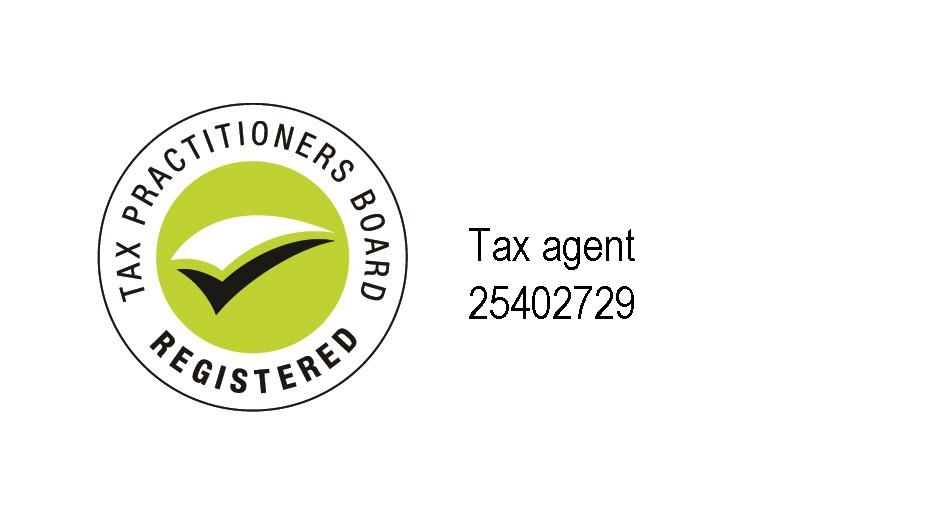PAYG Withholding – New Legislation Removing Tax Deductions for Non-Complaint Businesses

Semmens & Co urges all our business clients to review your PAYG Withholding payments, as new legislation removing tax deductions for entities who fail to comply with their withholding obligations are set to kick in.
As a payer, your business may need to withhold amounts from payments you make to your workers, other businesses and other payees, and make regular payments to the ATO (as monthly or quarterly installments). The most common payments you withhold amounts from are those to: your employees; the directors; businesses that don’t quote their ABN to you; and, contractors who have a voluntary agreement with you.
Last week, the Treasury Laws Amendment (Black Economy Task Force Measures No. 2) Bill 2018 passed both Houses, introducing new legislation to deny an income tax deduction for certain payments, if withholding obligations have not been complied with.
The deduction is only denied where no amount has been withheld at all or no notification is made to the commissioner.
Payments that are impacted includes salary, wages, commissions, bonuses or allowances to an employee; director’s fees; payments under a labor hire arrangement; payments to a religious practitioner; and, payments for a supply of services.
With the introduction of this new law, we encourage all businesses to review payments made to employees and contractors and ensure withholding obligations are being met.
This advice also extends to privately-owned businesses, which may have historically waited until year-end to classify payments to Directors (Director’s fees or bonuses). We encourage all businesses to review the withholding requirements at the time when payments are being made, to ensure compliance with both withholding obligations and STP reporting.
We also encourage businesses who engage workers on a contract basis to review the basis on which these workers are engaged. This may also be an opportunity to review the method by which they are engaged.
The Federal Government has announced new legislation on 1 October 2018, to extend the right to request full-time or part-time employment to all casuals. The Fair Work Commission last year decided almost all modern awards should contain a right to request permanency, for casual employees who have worked on a regular basis for 12 months or more. The ruling by the Fair Work Commission allows casuals who have worked regular hours for at least one year to have their application for a permanent position taken seriously by their employer. Employers can still refuse the request to make a position permanent, but they’d need to have reasonable grounds – such as not seeing your job being available in the next 12 months or if it would require a significant adjustment to your hours of work. Employers will also have to consult with the employee before deciding not to grant a permanent position.
If the ATO Commissioner determines a contractor is an employee and payments have been incorrectly classified, the employer will not only be at risk for unpaid PAYG withholding and compulsory superannuation guarantee payments, the employer will also be at risk of being denied a tax deduction for such payments if the withholding obligations are not complied with.
Albeit, an exception will be made for businesses that make a voluntary disclosure before the commissioner requests or commences an audit.
The best way to mitigate the any risk is to review all payments that may be impacted. Should the business find PAYG withholding obligations have not been met, a voluntary disclosure is recommended.
Noting also that the passage of this bill also includes the extension of the taxable payments reporting system (TPRS) to three industries from 2020.
Need help? Call Semmens & Co for more information on 03 8320 0320.







